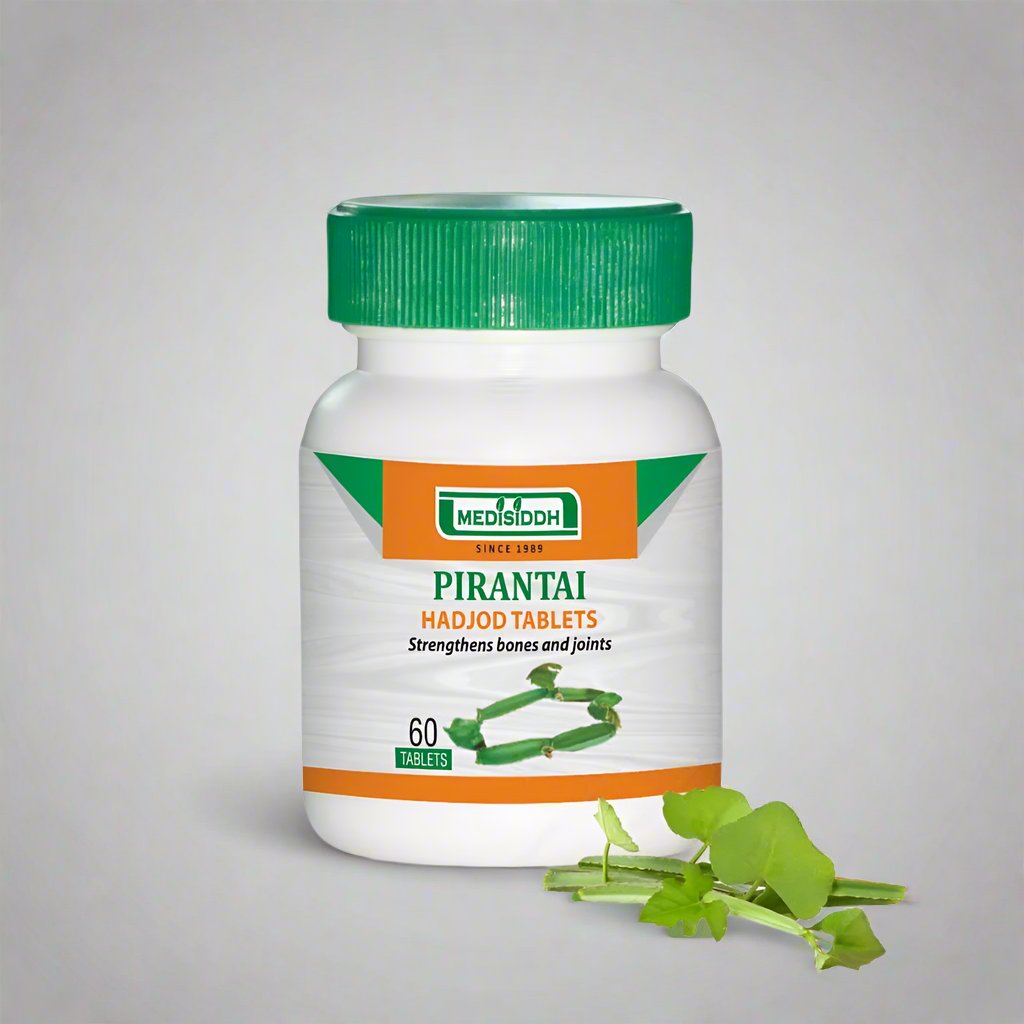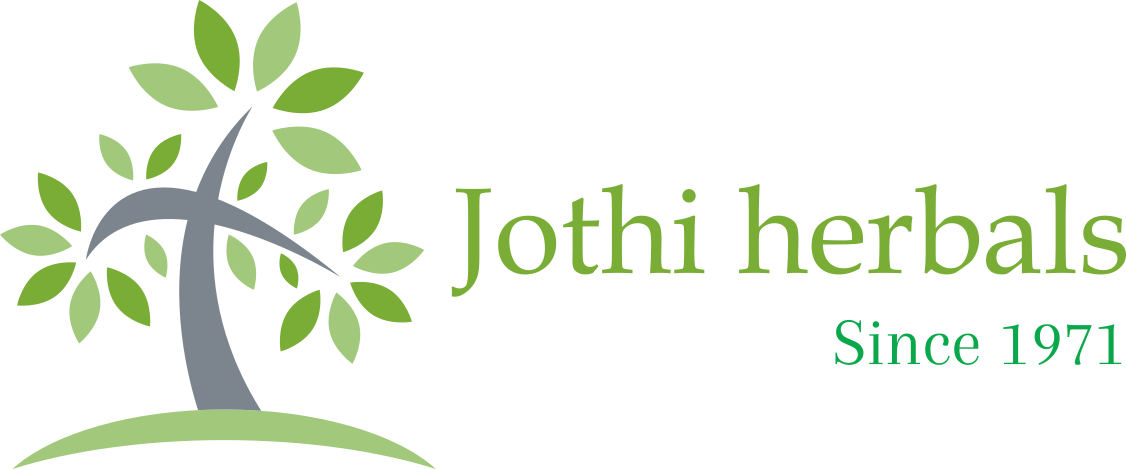MEDI SIDDHA PRIVATE LTD
Medi Siddh | Pirandai | Hadjod 60's
Medi Siddh | Pirandai | Hadjod 60's
Regular price
Rs. 162.00
Regular price
Rs. 162.00
Sale price
Rs. 162.00
Unit price
per
Shipping calculated at checkout.
Couldn't load pickup availability


